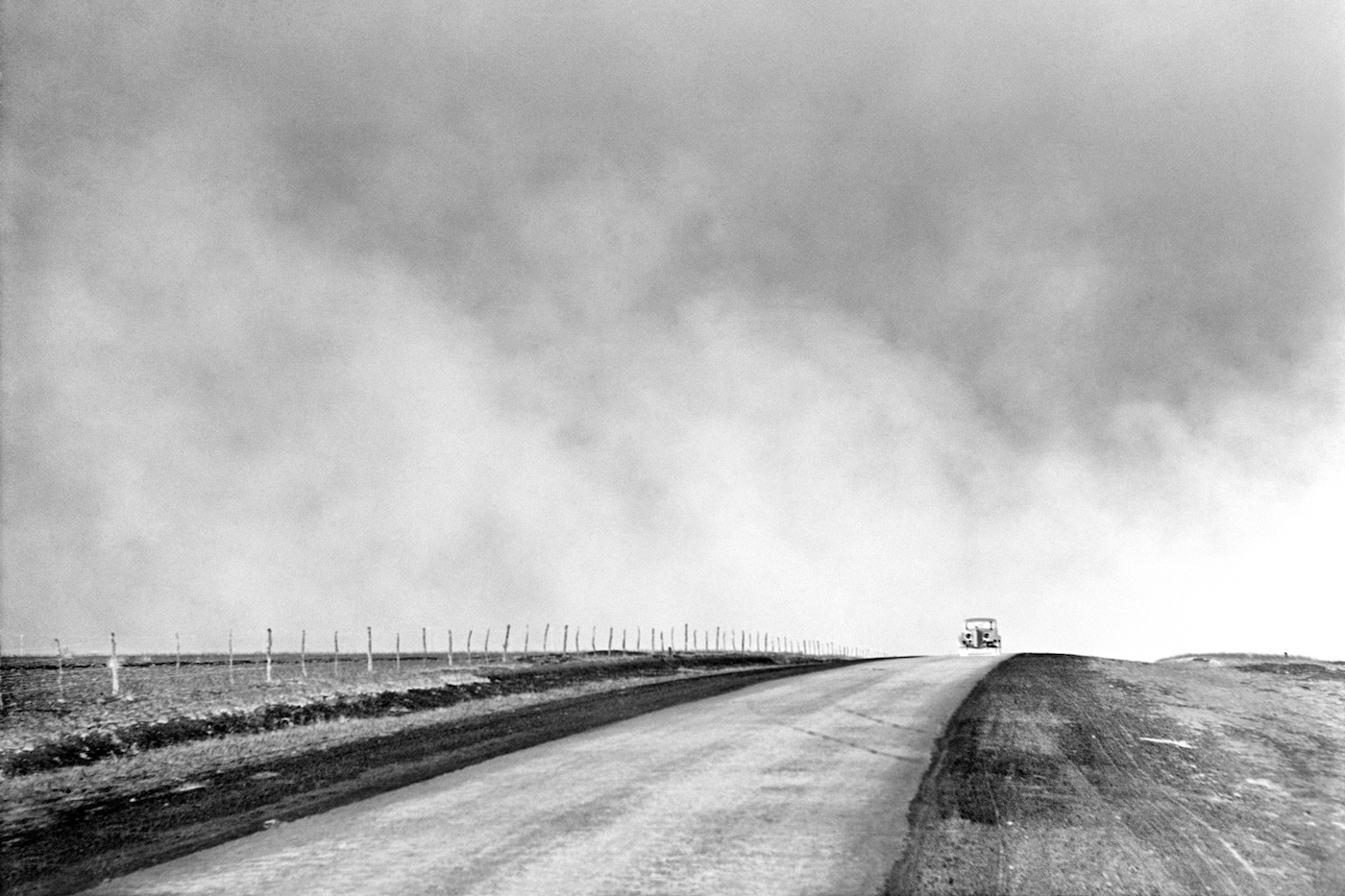

See the discussion of this passage in Jessica Martin, Walton’s Lives: Conformist Commemorations and the Rise of Biography (Oxford: Oxford University Press, 2001), 176–83. Herendeen (eds.), Ben Jonson’s 1616 Folio ( Newark: University of Delaware Press, 1991 ), 192–216. Jennifer Brady, “‘No Fault But Life’: Jonson’s Folio as Monument and Barrier,” in Jennifer Brady and W. Deliuered in a Sermon at White Hall, before the KINGS’s MAIESTY, in the beginning of Lent, 1630 (London: Thomas Harper, 1632 ), D3r–v. John Donne, Deaths Duell, or, A Consolation to the Soule, against the dying Life, and liuing Death of the Body.

17469: A Little Dust Whispered (London: The British Library, 2004).įrançois Dagognet, Cyril Harpet, and Emmanuel Latreille, eds., Poussière (Dust Memories) (1998).īrian Dillon and Sina Najafi, “Elementary Particles: An Interview with Peter Brimblecombe,” Cabinet 20 (Winter 2005/6): 68–70.Ĭarolyn Steedman, Dust: The Archive and Cultural History (Manchester: Manchester University Press, 2001), 17, 27. Cf.Īnthony James West’s The Shakespeare First Folio: The History of the Book, Volume 1 (Oxford: Oxford University Press, 2001)–the final volume of this projected four-volume study will consider the cultural history of the book. Blayney, The First Folio of Shakespeare (Washington DC: The Folger Shakespeare Library, 1991), 1. William Shakespeare, Comedies, Histories, & Tragedies (London: Isaac Jaggard and Edward Blount, 1623). Rebecca Comay (ed.), Lost in the Archives, Alphabet City No. The Poetics of the Archive, a special issue of Studies in the Literary Imagination, 32:1 (Spring, 1999) William Empson, Collected Poems (London: Chatto and Windus, 1955), 35. This process is experimental and the keywords may be updated as the learning algorithm improves. These keywords were added by machine and not by the authors. As we shall see, this small but significant substance brings into focus a number of questions about our relationship to the past - questions that have become more pressing and more interesting with the advent of digital technology. Rather, I will look at some of the materials and metaphors that frame our work in archives and, in particular, urge us to think more deeply about the peculiar place of dust.

This is neither the time nor the place to attempt an overview of, or even an introduction to, the Renaissance period’s own archives: much more work - by a team of scholars - would be needed to survey the political, architectural, and intellectual developments that led to the creation of new documentary collections in Renaissance homes, cities, and states, along with an increasingly sophisticated sense of the disciplines that we now call library science and information management (and I would put this high on my list of the great collaborative projects that remain to be done for the Renaissance period). My essay takes the form of a general meditation on what is at stake in the work in and on “the archives” that has reshaped and revitalized the interdisciplinary study of texts and cultures over the last few decades.


 0 kommentar(er)
0 kommentar(er)
